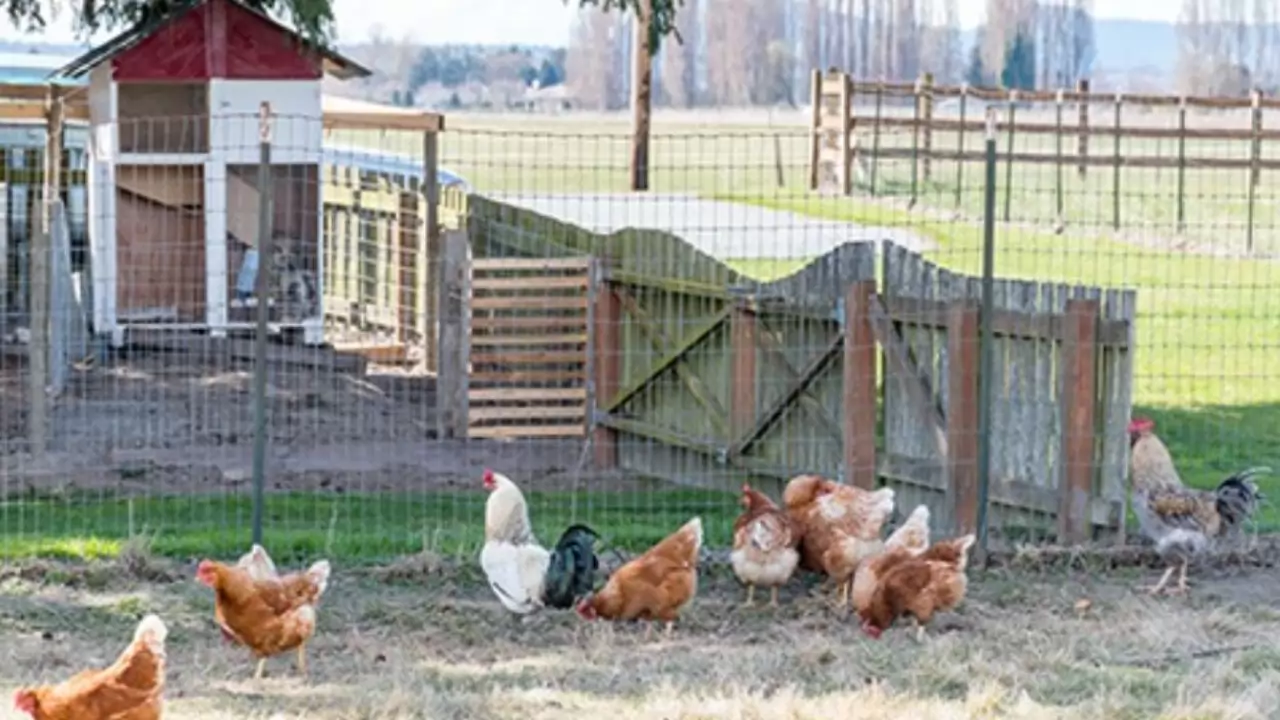
Instagram/wsdagov
The World Health Organization (WHO) has confirmed a human case of bird flu in India which is caused by the H9N2 virus, marking the second such case in the country since 2019. Bird flu, also known as avian influenza, is caused by influenza viruses that primarily affect birds but can occasionally infect humans.
According to recent developments, the new case has been detected in a four-year-old child in West Bengal. The child has been admitted to the pediatric Intensive Care Unit of a local hospital for the treatment of severe respiratory issues and abdominal cramps.
However, the WHO has not provided any information on the vaccination status and any details of antiviral treatment. It is worth noting that this follows another case reported in 2019, highlighting the sporadic nature of these infections in humans.
Bird flu viruses are categorized based on their pathogenicity: highly pathogenic avian influenza (HPAI) and low pathogenic avian influenza (LPAI).
Human infections typically occur through direct or close contact with infected birds or contaminated environments. However, there is limited evidence of human-to-human transmission, but close monitoring is essential to prevent potential outbreaks.
Symptoms of avian influenza in humans can range from mild respiratory issues to severe pneumonia, multi-organ failure, and even death. Early diagnosis and antiviral treatment are crucial for improving outcomes.
The confirmation of this case underscores the importance of vigilance and preparedness in managing infectious diseases. Authorities in India and worldwide are likely to enhance surveillance and preventive measures to mitigate the risks associated with avian influenza.





Copyright © 2025 Top Indian News
